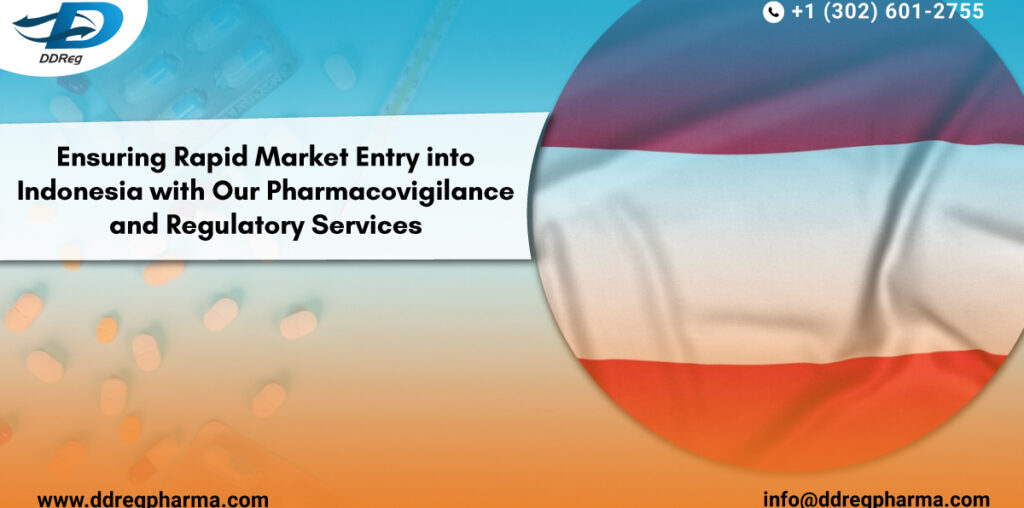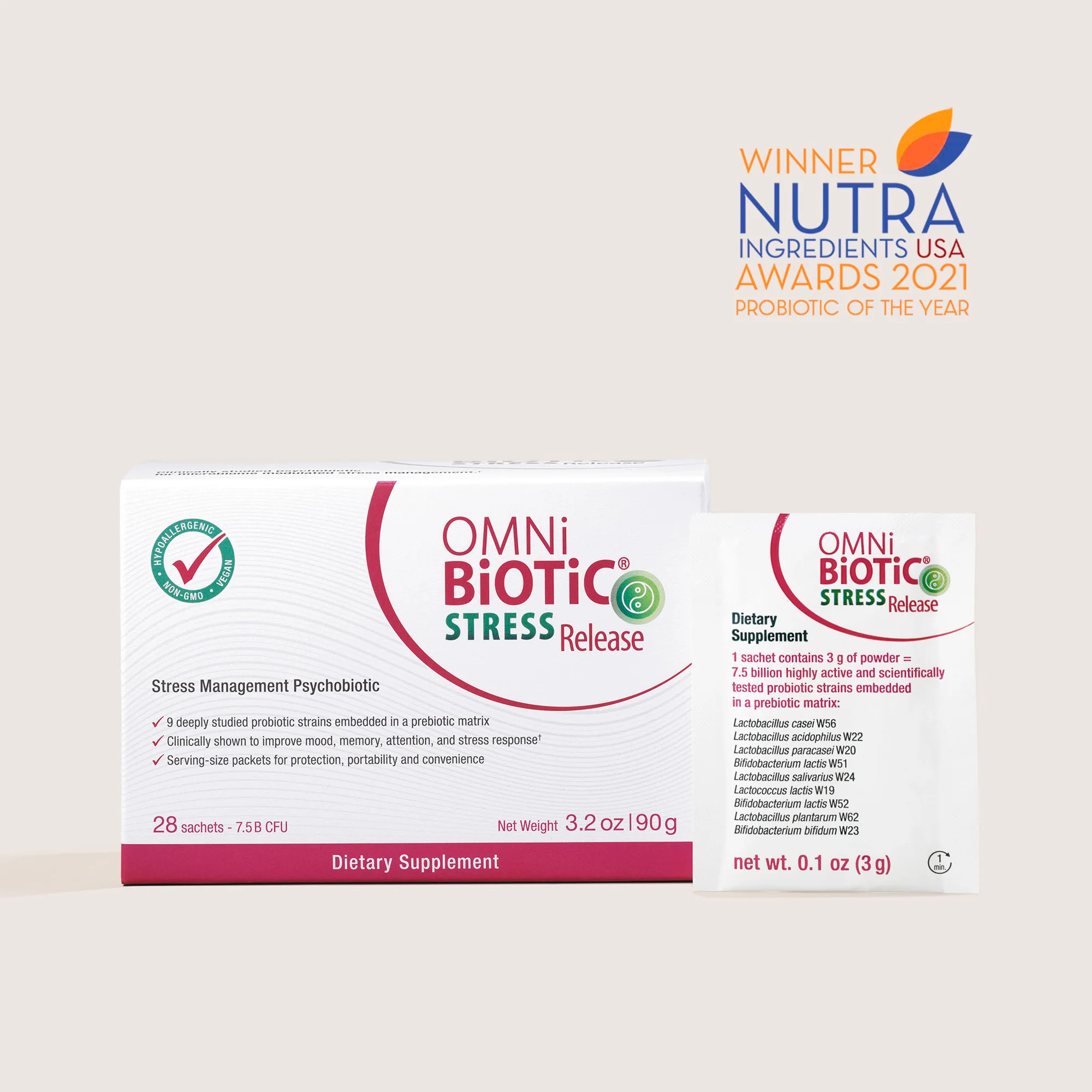Pharmacovigilance (PV) and regulatory services play a crucial role in ensuring the safety, efficacy, and quality of medicines available to the public. In Indonesia, these services have become increasingly important as the country’s healthcare sector expands and the need for stringent monitoring of medicinal products grows. Understanding the landscape of pharmacovigilance and regulatory services in Indonesia provides insight into how the country protects public health while fostering the growth of its pharmaceutical industry.
Pharmacovigilance services refer to the science and activities involved in detecting, assessing, understanding, and preventing adverse effects or any other drug-related problems. The primary goal of PV is to enhance patient safety and ensure that the benefits of medications outweigh the risks. This involves continuous monitoring of drugs once they enter the market, evaluating the reports of adverse drug reactions (ADRs), and taking appropriate actions to mitigate risks.
The Regulatory Environment in Indonesia
Indonesia’s regulatory framework for pharmaceuticals is managed by the National Agency of Drug and Food Control (BPOM, Badan Pengawas Obat dan Makanan). BPOM is responsible for overseeing the safety, efficacy, and quality of pharmaceutical products in the country. Its mandate covers the entire lifecycle of drugs, from clinical trials and market authorization to post-marketing surveillance.
With the increasing complexity of global pharmaceutical supply chains, BPOM plays a pivotal role in ensuring that Indonesia’s regulatory processes align with international standards. This is particularly important for ensuring that imported medicines meet the same rigorous standards as domestically produced ones. Over the years, Indonesia has made significant strides in enhancing its regulatory capacity, thanks in part to collaborations with international organizations like the World Health Organization (WHO) and the International Conference on Harmonisation (ICH).
Key Elements of Pharmacovigilance in Indonesia
1. Adverse Drug Reaction (ADR) Reporting
One of the most critical components of PV is ADR reporting. Healthcare professionals, patients, and pharmaceutical companies are encouraged to report any adverse reactions to BPOM. The agency maintains a national pharmacovigilance database that collects and analyzes these reports to identify trends or potential safety concerns.
2. Risk Management Plans (RMPs)
Pharmaceutical companies are required to submit risk management plans for new drugs during the registration process. These plans outline how the company will monitor and mitigate risks associated with the drug once it is marketed. BPOM reviews these plans as part of its overall risk assessment before granting market authorization.
3. Post-Marketing Surveillance
Pharmacovigilance does not stop once a drug is approved for the market. Post-marketing surveillance is a vital part of Indonesia’s regulatory framework. This involves continuous monitoring of drug safety, including the evaluation of ADRs and periodic safety update reports (PSURs) submitted by pharmaceutical companies.
4. Public Awareness and Education
BPOM has also focused on increasing public awareness about the importance of reporting adverse drug reactions. Public education campaigns and initiatives are designed to inform both healthcare professionals and patients about the role they play in ensuring the safety of medicines.
The Role of Regulatory Services
Regulatory services in Indonesia encompass a wide range of activities aimed at ensuring the safety, efficacy, and quality of pharmaceutical products. These services include:
- Drug Registration: Before a drug can be marketed in Indonesia, it must go through a rigorous registration process with BPOM. This process involves evaluating the safety, efficacy, and quality of the drug based on clinical data. Only drugs that meet these standards are granted market authorization.
- Clinical Trial Oversight: BPOM regulates clinical trials conducted in Indonesia to ensure they adhere to ethical standards and protect participants’ rights. The agency reviews clinical trial protocols and monitors ongoing trials to ensure compliance with good clinical practice (GCP).
- Inspections and Compliance: BPOM conducts regular inspections of manufacturing facilities to ensure they comply with good manufacturing practices (GMP). This is critical for ensuring the quality of pharmaceutical products and preventing the distribution of substandard or counterfeit drugs.
- Pharmacovigilance Inspections: As part of its pharmacovigilance obligations, BPOM also conducts inspections to ensure that pharmaceutical companies have appropriate systems in place for monitoring drug safety and reporting ADRs.
Challenges and Opportunities in Indonesia’s Pharmacovigilance and Regulatory Landscape
1. Underreporting of ADRs
Despite efforts to promote ADR reporting, underreporting remains a significant challenge in Indonesia. Healthcare professionals may not always recognize the importance of reporting, or patients may not be aware of how to report adverse reactions. Increasing awareness and education on ADR reporting is a key area for improvement.
2. Capacity Building
As the pharmaceutical industry in Indonesia grows, so too does the need for a robust regulatory framework. BPOM has made significant progress in building its capacity, but there is still room for improvement, particularly in terms of human resources and technological infrastructure. Continued investment in capacity building is essential for maintaining a strong regulatory environment.
3. Global Harmonization
Indonesia’s pharmaceutical industry is becoming more integrated with global markets, which presents both challenges and opportunities. Harmonizing Indonesia’s regulatory framework with international standards, such as those set by the ICH, is crucial for facilitating international trade and ensuring the safety of imported medicines.
4. Digital Transformation
Digital health solutions and electronic reporting systems offer opportunities to improve pharmacovigilance processes in Indonesia. The adoption of electronic ADR reporting systems can streamline the collection and analysis of data, making it easier to identify and respond to safety concerns in real-time.
Conclusion
Pharmacovigilance and regulatory services are essential components of Indonesia’s healthcare system, ensuring that the benefits of medications outweigh the risks and that public health is protected. BPOM’s efforts in strengthening these services, alongside the growing collaboration with international organizations, place Indonesia on a path toward a more robust and effective regulatory environment.




